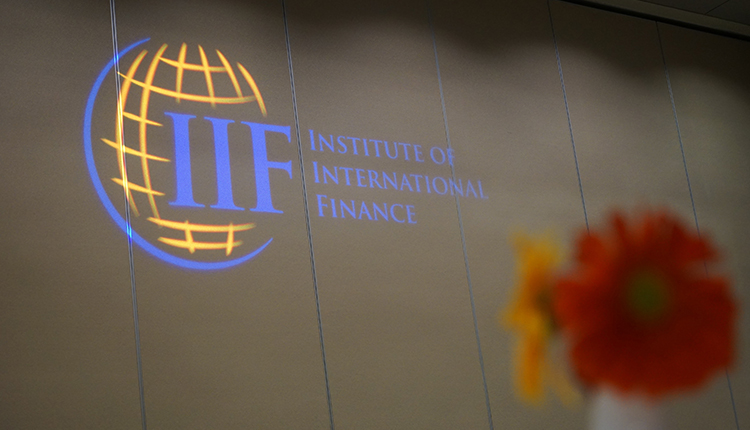Foreign investment in emerging markets expected to decline amid tariff threats – IIF
Offshore investors are projected to reduce the cash flow to emerging markets by nearly 25 percent in 2025 as global growth slows and policy changes under US President Donald Trump reshape global financial dynamics.
The Institute of International Finance’s (IIF) semi-annual report – released on Wednesday – highlights several factors contributing to this decline, including the threat of new tariffs, a stronger U.S. dollar, and slower-than-anticipated interest rate cuts by the U.S. Federal Reserve.
“The environment for capital flows has become more challenging, tempering investor appetite for risk assets,” the IIF report read.
China is bearing the brunt of this shift. In 2024, the country experienced its first outflow of foreign direct investment in decades, and portfolio flows are forecast to turn negative in 2025, with a projected outflow of $25 billion. However, emerging markets outside of China are expected to attract “robust” inflows into bonds and equities, particularly in resource-rich regions of the Middle East and Africa.
“This divergence highlights the continued resilience of non-China EMs, supported by improving risk sentiment, structural shifts like supply chain diversification, and strong demand for local currency debt,” the IIF added.
The IIF predicts global growth will moderate to 2.7 per cent in 2025 from 2.9 per cent in 2024, with emerging markets growing by 3.8 per cent. However, total capital flows to emerging markets are expected to drop to $716 billion in 2025, down from $944 billion in 2024, largely due to weaker inflows into China.
The institute cautioned that its projections assume limited tariff implementation. If Trump enacts the proposed 60 per cent tariffs on China and 10 per cent on other nations, the impact could be far worse.
“A stronger and swifter implementation of tariffs by the United States could exacerbate downside risks, amplifying disruptions to global trade and supply chains, placing additional strain on EM capital flows,” the report warned.
Attribution: Reuters


